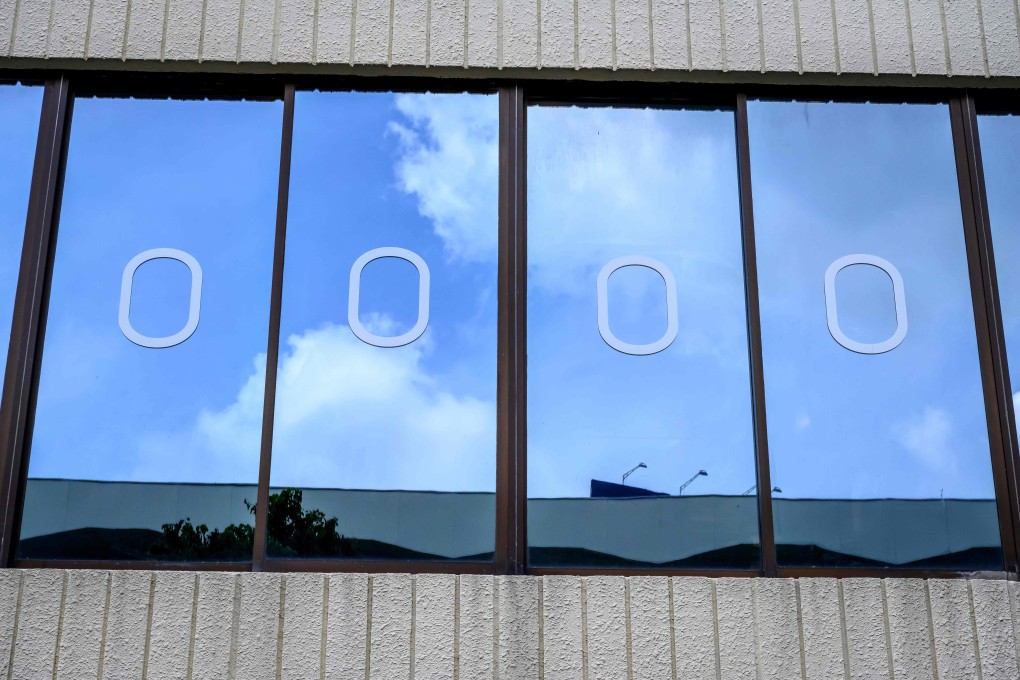Opinion | For Covid-19 travel bubbles to last longer than their namesakes, standard protocol is key
- The repeated failures to restart global travel by economies in Asia and elsewhere demonstrate the critical need for a multilateral solution to mitigate risks
- These health and safety measures must be in place to shore up traveller confidence, without which demand will remain weak

Just a few short months ago, in markets from Hong Kong to Japan and Australia, coronavirus cases were falling and domestic travel was recovering. There was even talk of opening international travel corridors in Thailand and Indonesia.
With the new wave of infections, the Thailand and Indonesia travel bubble schemes were put on hold, mirroring what has happened in other regions. Where corridors had been allowed – for instance, between Spain and France with the UK – a sudden “popping” of the bubbles left travellers facing a two-week quarantine back home.
How can travellers make plans with confidence when bubbles continue to pop? Will travel bubbles be sustainable, or are they destined to be as fragile and temporary as their namesakes?

For travel bubbles to be successful, participating countries need to work in partnership and agree on robust test and trace procedures to safely adjust or eliminate quarantine periods. Importantly, we need coordination between governments and organisations within the travel ecosystem to get the right protocols in place and rebuild traveller confidence.
